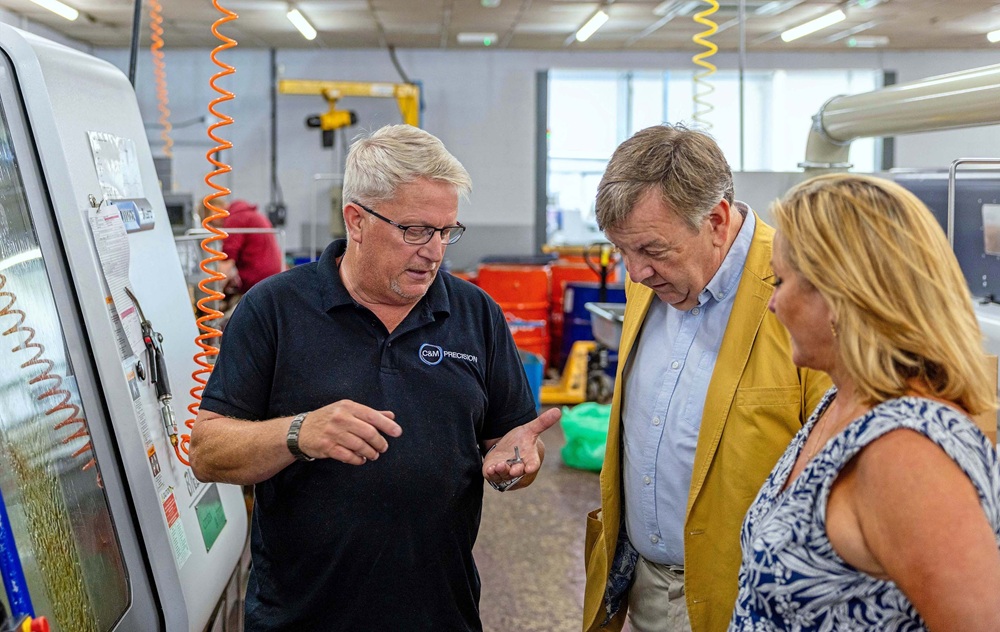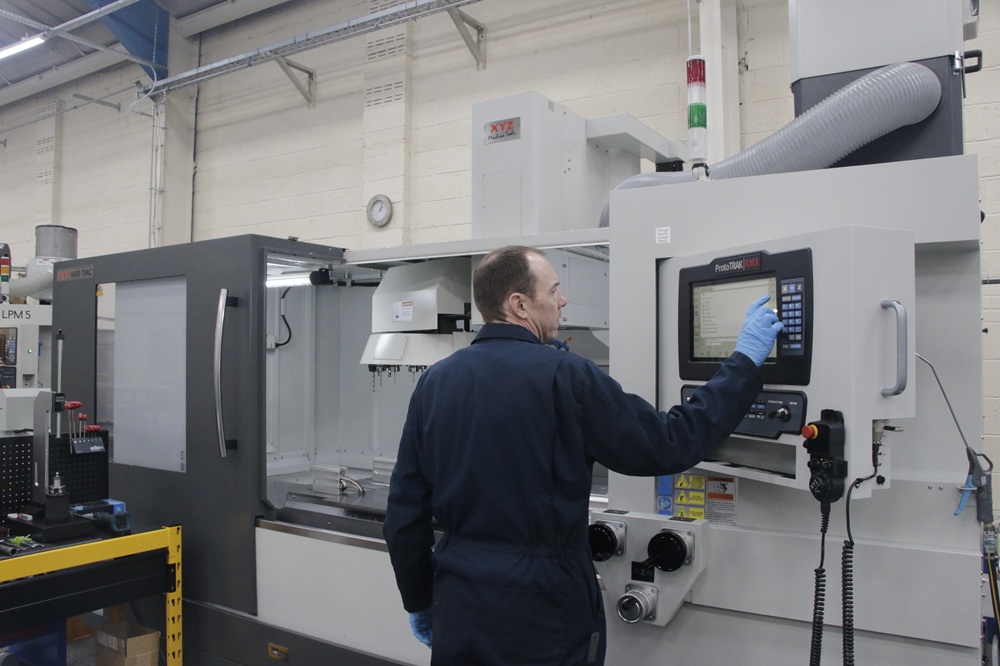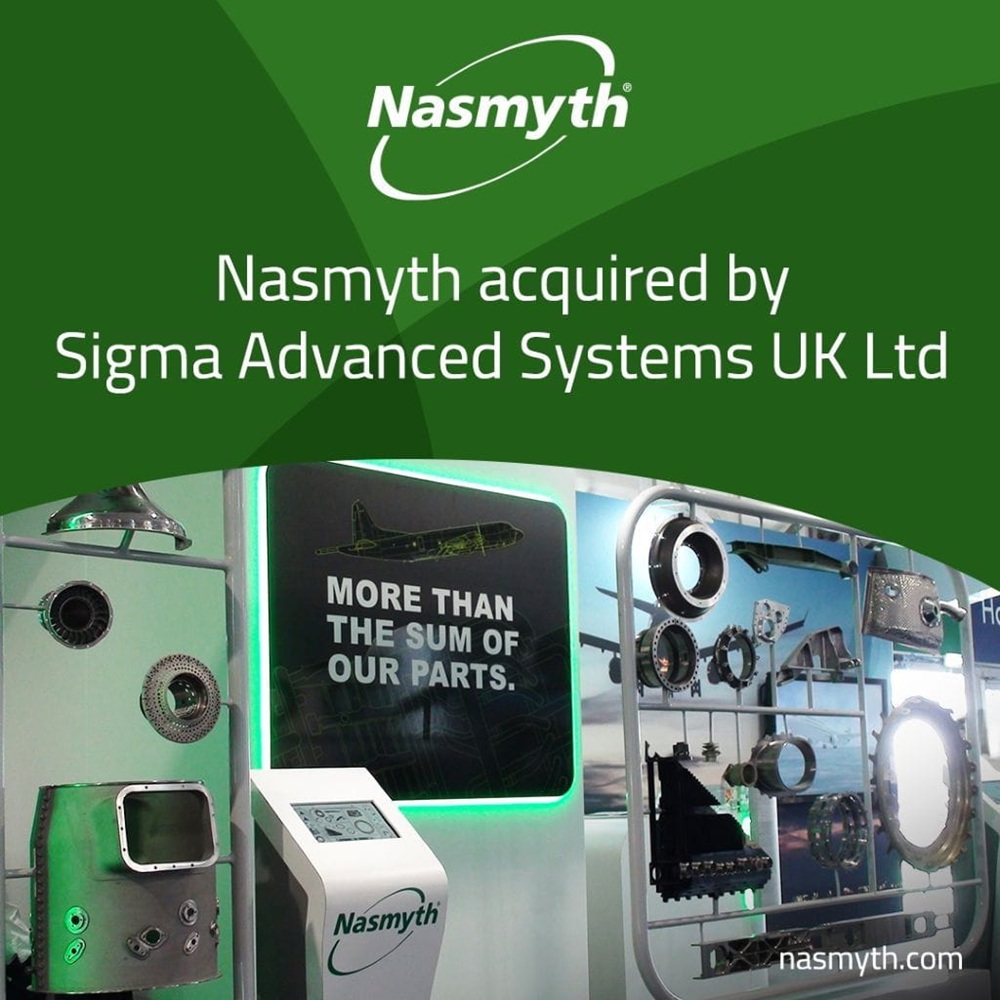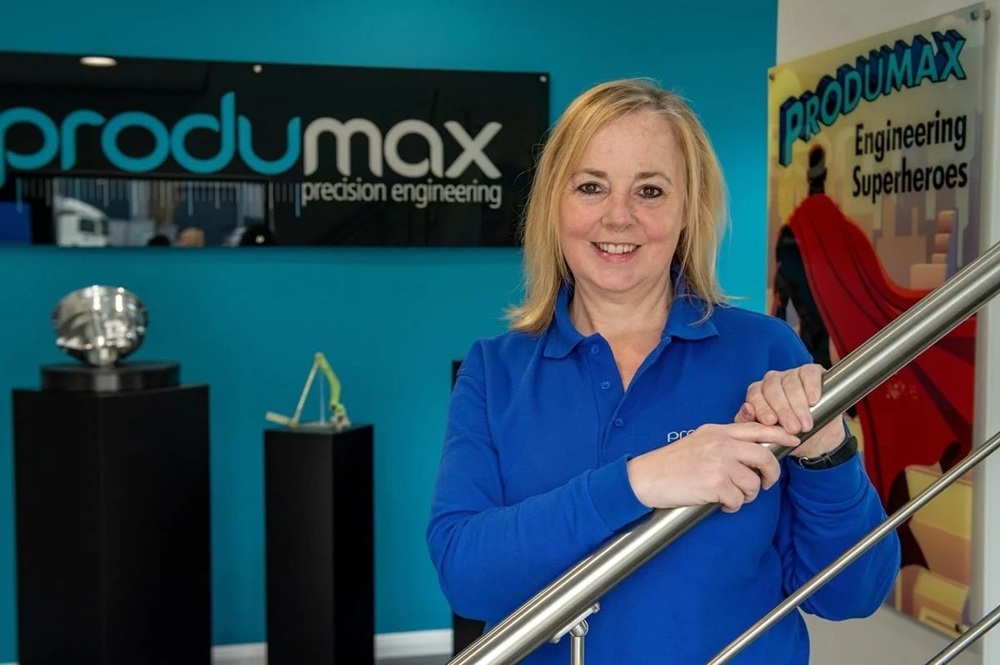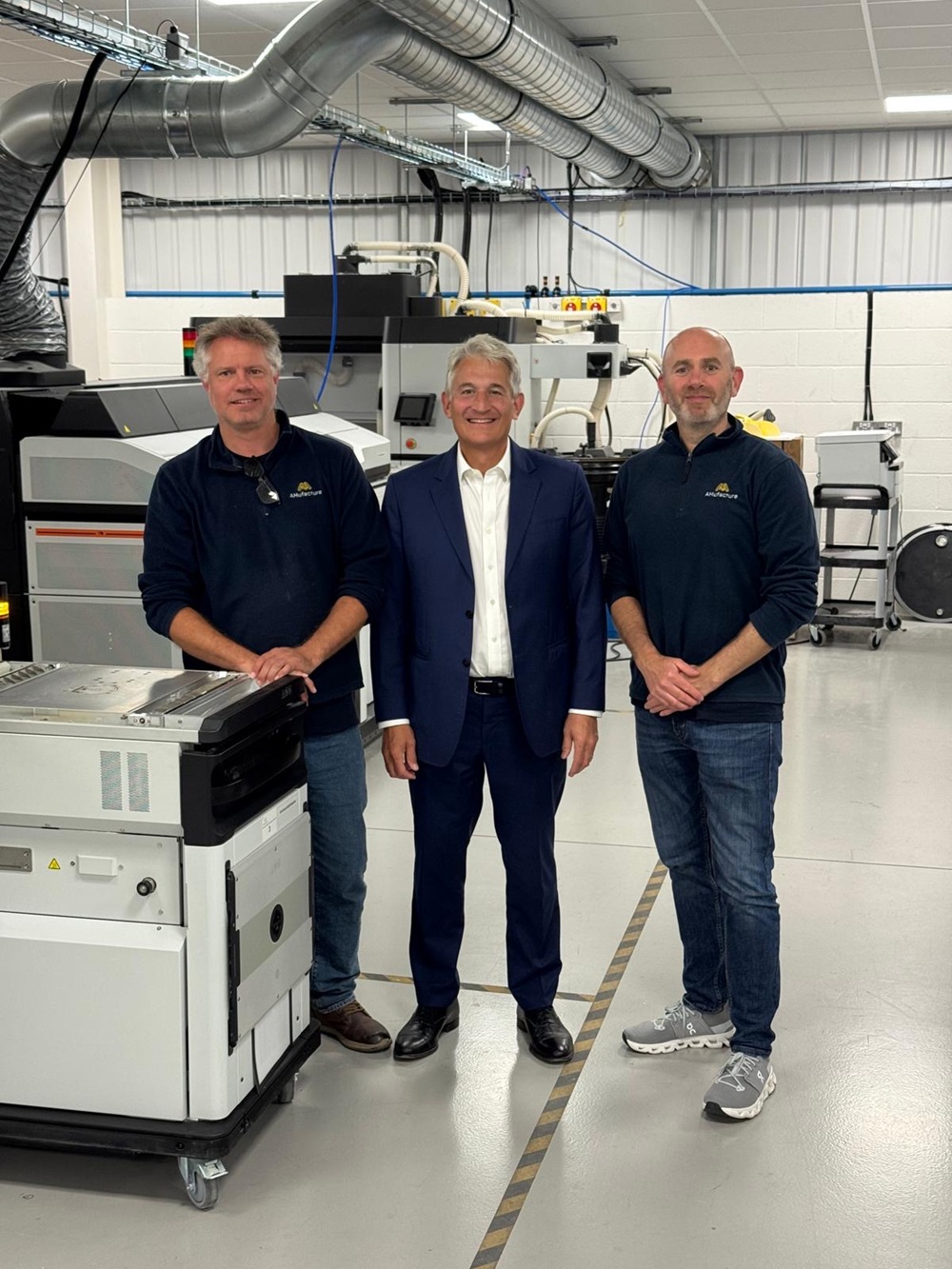For Stafford Engineering Services, the manufacture of special bracketry for mounting life-saving
defibrillators and life monitoring equipment within ambulances has become an increasingly
important part of business. According to company director Shaun Watkin, making the right
investment in machinery has proven to be not only a game changer, but “a world changer”.
When the business was approached to develop a system of mounting life-saving equipment in a
vehicle transporting critically ill patients to hospital by Staffordshire Ambulance Service, Watkin
developed a secure bracket system that not only supported the device during transit but facilitated
easy release for carrying by the crew to the patient’s location.
“We were keen to get involved in the project and knew that the system design had to be robust –
the defibrillators and other life-saving equipment are not light,” he says. “We also had to think
carefully about how it disconnected from the bracket so that it didn’t fall forward, causing issues for
the crew when lifting it away. Our initial designs were not just about drawings, there was a fair
amount of ‘does this feel right’ when mounting and unloading the system.”
Early versions of the bracket components were manufactured by a third party, but when Watkin was
given the opportunity to buy the XYZ Pro 3000 that the subcontractor was using to make the parts,
he jumped at the chance.
“The purchase of this turret mill style machine with ProtoTRAK CNC gave us the ability to make
design changes quicker and easier – and it helped to save the life of the business. Without that
machine, we could not have developed and manufactured the bracket components of those early
mounting systems.”
As the system was accepted, working closely with a defibrillator manufacturer meant doors were
opening all around the country. It was during this period that the Scottish ambulance service had a
requirement for a mounting device, prompting Watkin to make further investment to keep pace
with demand.
“With volumes increasing, we had to look at adding to the Pro 3000 as a CNC machining capability.
We looked long and hard at several suppliers but made the decision to purchase XYZ’s LPM
machines. These lean production machines were perfect was this work, particularly with their tool-
changing capability and increased performance over a turret mill style machine. The ProtoTRAK
control, with its conversational software, allowed me to start manufacturing within a day of
installation.”
With 21 years of manufacturing the brackets under its belt, demand is still increasing at Stafford
Precision Engineering, which has led to further investment in XYZ products. When Queensland
Ambulance Services in Australia came knocking on the door, Watkin had to think long and hard
about how he was going to increase production from 100 systems a month to 400. After talking with
XYZ about his conundrum, the decision was taken to invest in a new TMC 1600 vertical machining
centre and a CT 65 HD turning centre.
When questioned why these were the machines of choice, he states: “The 1600 TMC, with its table
size of 1660 x 660 mm, created the possibility to mount more parts on the table at once, therefore
reducing the number of times we had to load/unload parts. The 1600 mm X-axis travel, along with
650 mm in Y, backed up our theory.”
The increase in spindle power over Stafford Precision Engineering’s current machines was also a key
point in Watkin’s decision making. With 11 KW available and deciding to go with the 12,000 rpm
option with through-spindle coolant, cutting performance has greatly increased.
“We’re now profiling the aluminium parts at 6 to 7 m/min feed rate, greatly reducing cycle time,” he
adds. “With 20 BT40 tools in the carousel available we can leave more tools set up and reduce the
number of times we have to exchange the tools in the machine. Of course, the new ProtoTRAK RMX
15” touchscreen control has allowed us to use existing programs but, on some parts, it has been
beneficial to undertake re-programming. This has allowed to us to use some of the new features
available, such as ‘clear off’ to remove material from the outside of the part. With the TMC 1600
installed, we’ve seen production of the base plates go from one every half hour to 10 in two hours”.
The addition of the CT 65 HD turning centre to the company has accelerated the production of the
feet used to secure the defibrillators to the mounting bracket.
When asked about the turning capacity, Watkin says: “We have a Proturn lathe that we have used
for these items in the past, but again volumes dictated that we needed a more automated system.
The CT65HD, with its 12-station VDI turret and 65 mm bar capacity, has slotted into our production
capability perfectly.
He continues: “The transition to a Siemens 828D control with the Shopturn software has been easy
due to its conversation style of programming, while the addition of the LNS barfeed now means we
can leave the lathe unattended and use our operatives to do other work. Due to the material we use
to manufacture the feet, the 4000-rpm spindle speed has allowed us to get great finishes and reduce
cycle times.”
With new designs required by the company’s existing customer base and other medical device
manufacturers coming on board, there appears to be no let up for the 11 XYZ machines at Stafford
Engineering Services.
Watkin closes by stating: “The support from XYZ for my machines has been excellent. Whether it’s
programming or service support, they are quick to respond. We have our machines regularly
serviced by the team at XYZ and this ensures when demand is at its greatest, like with the recent
Queensland order, there are no unexpected surprises for us and we can deliver on time”.
More information www.xyzmachinetools.com






